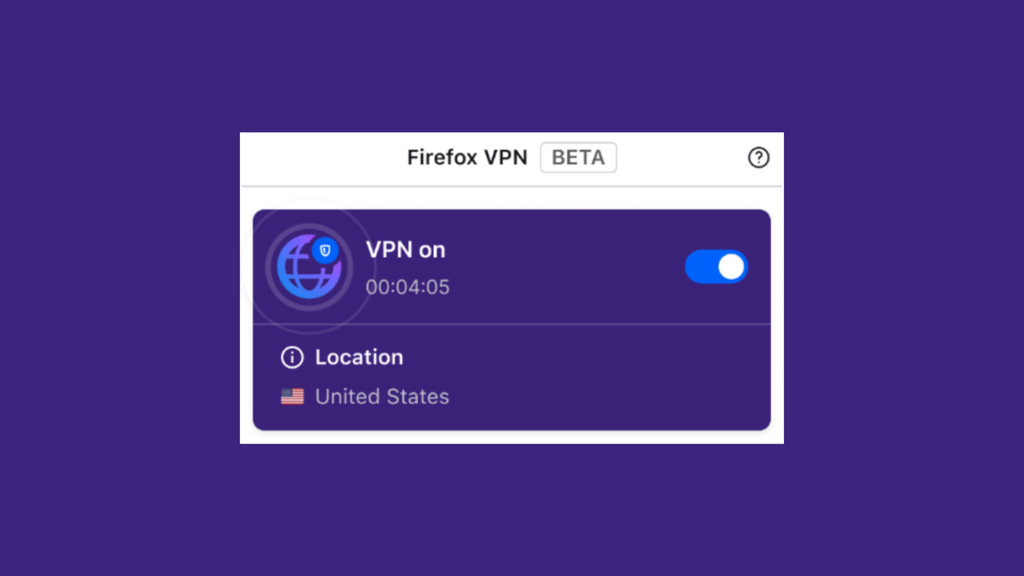
UPDATE: Firefox users may be in for a surprise as Mozilla rolls out a free VPN trial for select users. This exciting development, announced earlier in June 2023, is now being tested with a lucky few, allowing them to enhance their online privacy without any cost.
This limited-feature VPN is designed to protect users’ browsing activities by masking their IP addresses and encrypting their traffic from local ISPs. However, only a randomized group of users will access this feature initially, meaning many may need to wait for their turn. Mozilla has not specified how long the testing phase will last, so checking your Firefox browser now is crucial.
To see if you’re among the fortunate testers, open Firefox and look for a VPN setup prompt in the top-right corner near the toolbar. If you see it, click the Next button to start the setup process, which requires a Mozilla account. Once activated, the VPN will connect automatically to the nearest server.
Firefox’s VPN offering could significantly impact the competitive landscape, positioning Mozilla against browsers like Opera and Microsoft Edge, while leaving Chrome and Safari without a free VPN option. The VPN utilizes Mozilla’s secure network, leveraging the respected Mullvad servers, which are renowned for their commitment to privacy.
“Mozilla will collect only the technical data needed to keep Firefox VPN reliable and secure,” the company stated. “Logs linked to your account will be deleted after three months.”
Though this free VPN won’t deliver the same extensive features as the full Mozilla VPN subscription—which covers traffic across multiple devices and offers servers in 30 countries—it still provides a valuable layer of privacy for users browsing online. Currently, there are no usage limits, and the service promises not to log the websites visited or the content of communications.
As digital privacy becomes increasingly paramount in an era where personal data is constantly at risk, this free VPN option offers Firefox users a strong tool against tracking and data harvesting. However, users should be aware that the VPN may not bypass regional website blocks effectively, as it typically connects to the closest server.
Mozilla’s initiative comes at a time when many internet users are looking for ways to protect their privacy amidst growing concerns regarding data collection by websites and governments. The potential impact of this service could set a new standard for browser security moving forward.
Stay vigilant and check your Firefox browser for this new feature. The rollout may change the way users approach online privacy and could encourage more people to consider their digital footprint.
For those who do not have access yet, keep an eye out for updates from Mozilla regarding the broader rollout of this service. With the digital landscape constantly evolving, the introduction of a free VPN could change how users interact with the internet.





